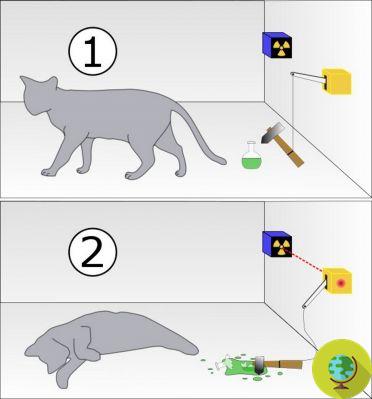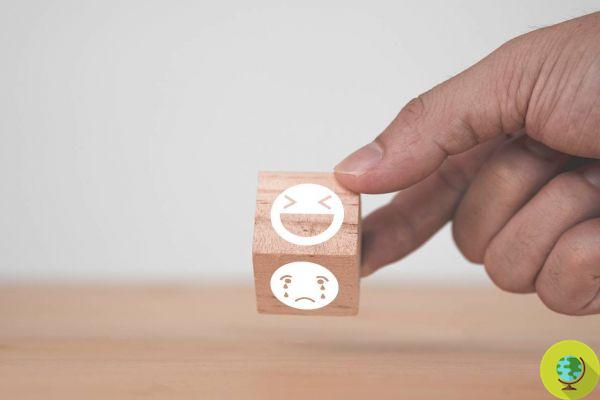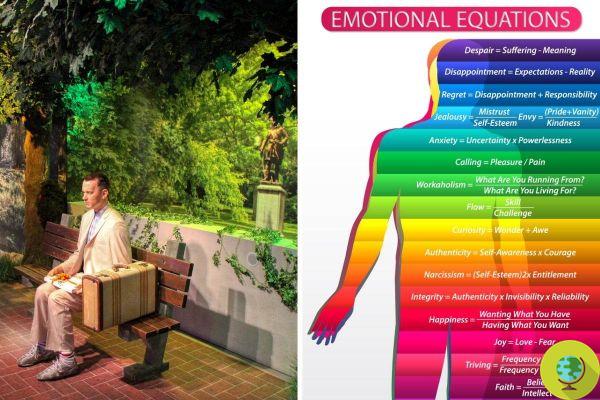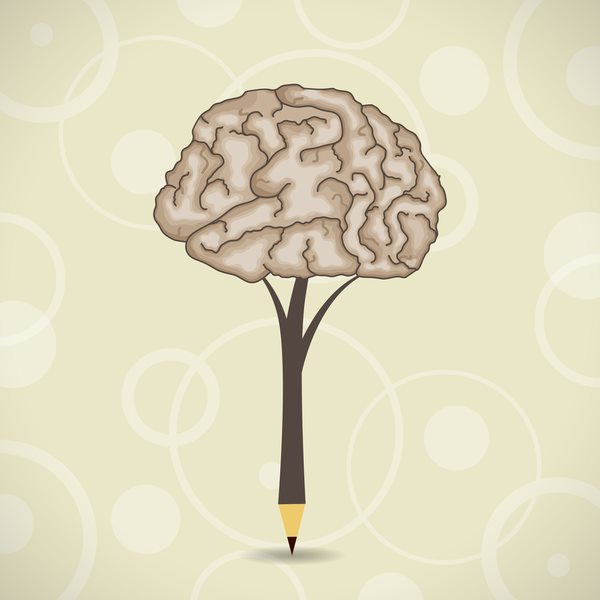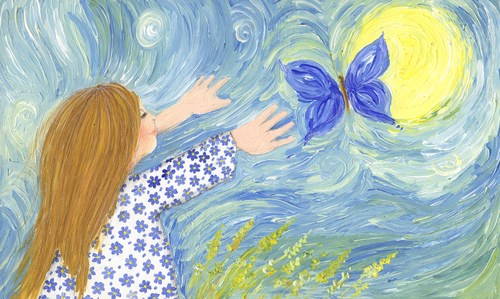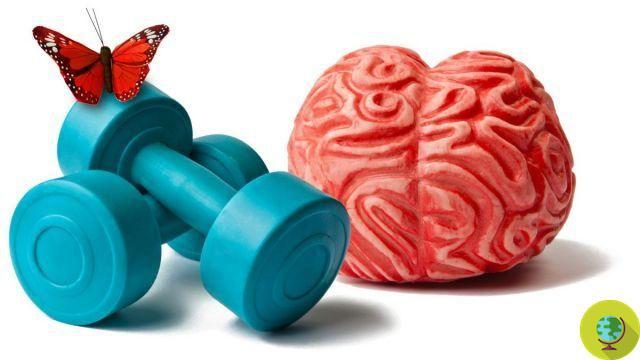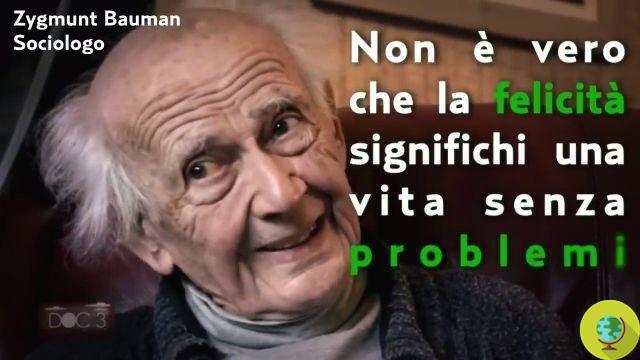Goodness is an innate quality that must be sustained from childhood but which can be nourished at any age, according to studies by neuroscientist Richard Davidson.
Don't store avocado like this: it's dangerousThe basis of a healthy and happy brain is goodness. We can thus summarize the results of the studies (which continue) carried out by Richard Davidson, psychologist, neuroscientist and founder and director of the Center for Healthy Minds of the University of Wisconsin. In other words: the perfect solution to feel good is to love. If we want to concretely translate this concept, it is a matter of having at heart (and in the mind) not only our good but also that of the other. In short, the good of all. And act accordingly.
Davidson's story is peculiar. As a researcher, he studies the effect of emotions - in particular depression, anxiety, stress and fear - on brain mechanisms and bodily modifications; in 1992 what he called (“stealing” the definition from a friend) an orthogonal rotation arrives: he meets the Dali Lama. And he "challenges" him to study kindness and compassion.
The result of Davidson's studies confirms what the disciples of authentic spirituality, whatever forms it takes, have always taught: the most superb form of really loving yourself is loving, thinking and wanting what is best not only for yourself but for everyone, for every person involved. And the great thing is that this love of feeling, thinking, behavior and action can be learned. All time.
In a speech given for the National Geographic, Davidson he explained that this is possible because our brain has an extraordinary ability, neuroplasticity. In other words: it changes, all the time, in response to experience and in response to training. This means that - most of the time - the brain changes "without our knowledge", that is as passive learning and consequent "modeling" on the basis of what we have perceived (and how) of our experience: "Consequently - says Davidson - we are invited to take more responsibility for our brain, so that it can be modeled in a more conscious way".
They help: a greater presence to oneself, the ability to observe what happens to us also from the point of view of others, the effort not to let oneself be involved only by emotions and one's own experience of the moment but knowing how to broaden the vision to frame everything in a broader vision and, thus, redefine, relocate what happened in a new way.
And of course it is also about starting to cultivate new mental habits, healthy: like, for example, a meditation practice. Yes, because meditating changes the modulation of the electrical activity of the brain: the gamma oscillations are longer, and this allows states of attention and presence as well as periods of insight, moments in which one senses and sees things from another perspective. , as if it were - in fact - an illumination.
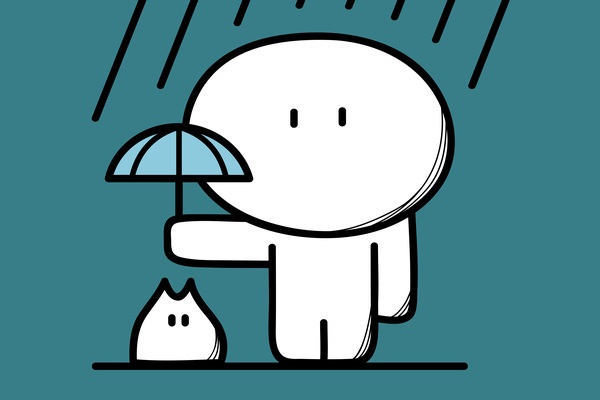
There is another good news: you can learn to love, you can always change your perspective, despite and regardless of what happens in our DNA.
Serious scientific data show that the way in which the mother treats her children will induce epigenetic changes in specific genes, as a direct consequence of "that" her behavior: those changes not only persist for the entire duration of life but (as evidenced in some studies ) can be passed down for at least a couple of generations.
However, explains Davidson, “we can choose to what extent to activate or deactivate certain genes or, if we want, the behavioral tendencies, the instinctive and unconscious mechanisms that inhabit us”: by becoming aware of them. Working on it directly, with the will: through observation and an effort of daily love, actively choosing the type of response to give in different situations (otherwise, life will turn on the different genes already present automatically). Meditation, again, creates an inner and mental space that favors this personal work: it is good for everyone, at any age.
Those who love, then, (obviously in the sense given above) are happy. His health is better than that of the others. It reacts better to any treatment, allopathic or holistic. It may be that - as a scientist like Davidson also points out - in the human being:
“Babies at six months show a clear and unambiguous preference for cooperation. Numerous empirical findings are consistent with this and show that we truly came into the world with this quality of innate fundamental goodness: studies have shown that when kindness and compassion are cultivated, the brain does not interpret them as something new. " Rather, it is “nurturing the seeds that are already present: kindness and compassion are qualities that are present from the beginning but require… nourishment. They require a loving, caring, kind and compassionate community for those seeds to grow ”.
Read also:
- The teacher who every day congratulates his disabled students for 10 minutes (PHOTO)
- Empathy: what it is, types and why it is tried (or not)
- Kindness box: how to make and use it
Good practices (such as mindfulness, not so much understood in a cognitive sense but of centering in the heart and breath), presence, habit of observing how much one lives and perceives and relocating it in a more complete vision; generosity; kindness, spontaneous but also programmed, chosen (as a volitional activity of nourishment of one's "seeds", to make them then become spontaneous habits, life of the heart that is expressed in everyday life): this is what we can do - at all ages (and we can teach children too!) - to nourish and find-return to what we are deep inside. Goodness, Love.
Anna Maria Cebrelli





